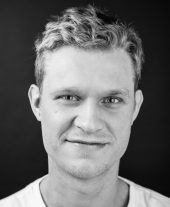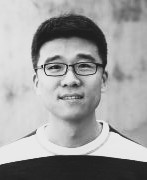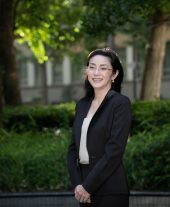ML4Q Concepts
Series #6: Quantum Algorithms
The sixth ML4Q Concepts seminar series on quantum algorithms is organized by Anne Matthies, PhD student from University of Cologne.
The seminars will be online, via zoom. The Zoom link will be sent via the cluster’s mailing lists. If you are not affiliated with ML4Q but would like to participate, please drop a line to the ML4Q office. Suggestions for topics/speaker for follow-up seminar series are always welcome via our (ML4Q-internal) Slack workspace!
Seminar schedule

12 January 2023, 11:00
Ronald de Wolf
QuSoft, CWI and University of Amsterdam
The potential impact of quantum algorithms on society
In this talk, I will consider the impact that the nascent technology of quantum computing may have on society, focusing on the potential of quantum algorithms in three areas: cryptography, optimization, and simulation of quantum systems.

19 January 2023, 11:00
Simon Apers
CNRS researcher at IRIF (Université de Paris)
Quantum walks via random walks, block encodings and electric networks
Quantum walks on graphs are the natural quantum analogue of random walks on graphs. They are a means of describing local quantum dynamics, but also a key tool in the design of quantum algorithms (e.g., for collision finding or Monte Carlo). This will be a summary talk in which I describe the different angles on quantum walks, and some of their applications. I will discuss how quantum walks are a precursor to the notions of block encoding and quantum singular value transformation, but also how quantum walks go beyond this framework through connections with random walks and electric networks.
26 January 2023, 16:00
Victor Albert
Joint Center for Quantum Information and Computer Science, University of Maryland
Bosonic coding: introduction and use cases

2 February 2023, 17:00
Jeongwan Haah
Microsoft
Floquet codes

9 February 2023, 11:00
Kae Nemoto
Okinawa Institute of Science and Technology Graduate University